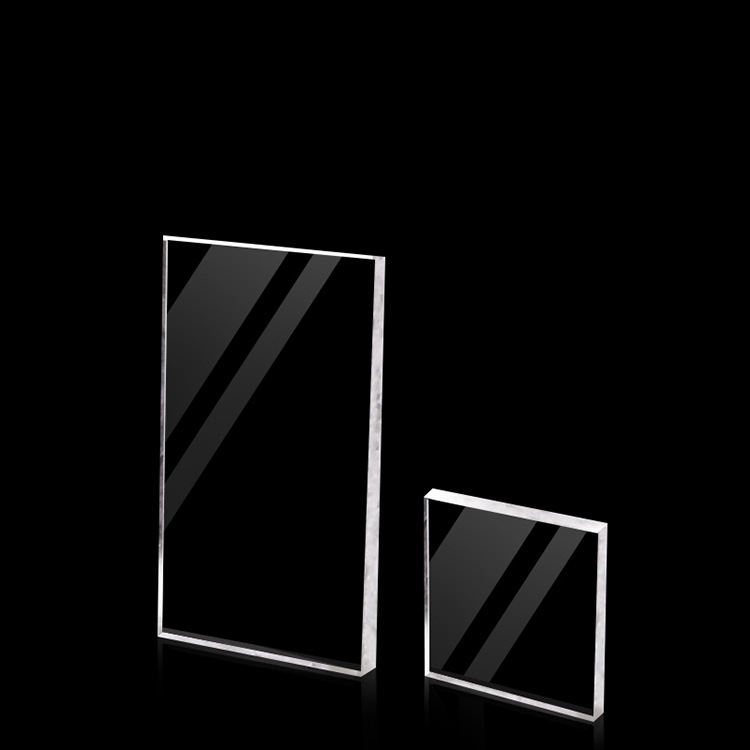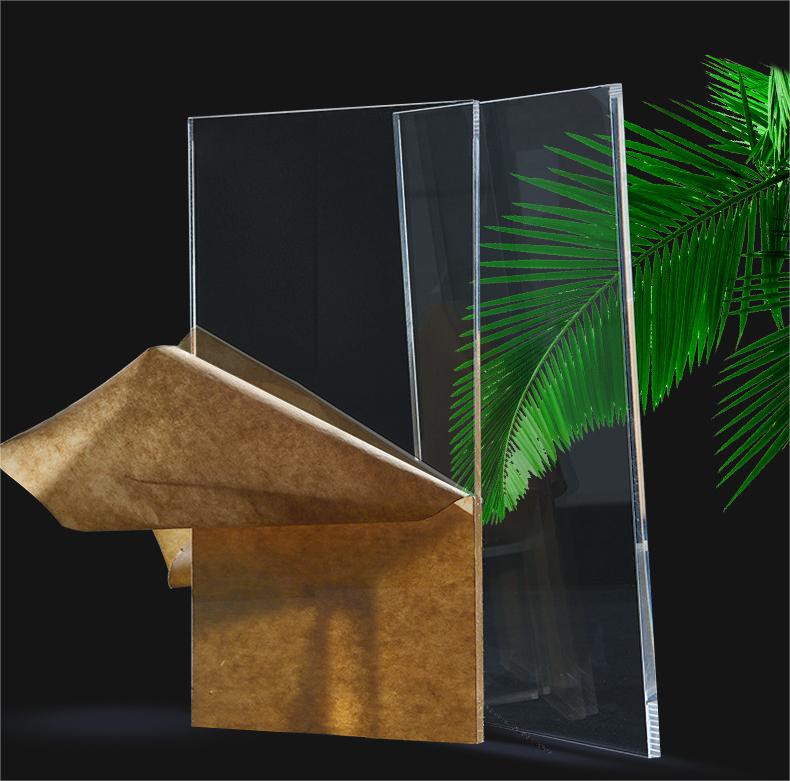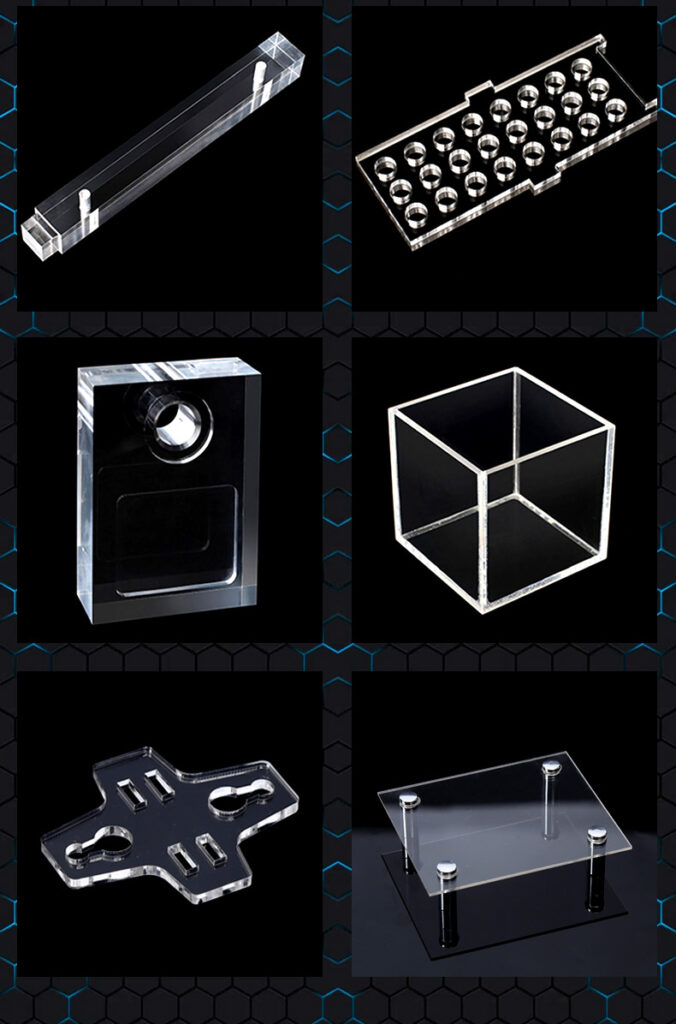The Advantages of Acrylic Plastic
Acrylic plastic, also known as polymethyl methacrylate (PMMA), is a versatile and widely used material that offers a multitude of advantages across various applications. From signage to household items, the benefits of acrylic sheets make it a popular choice in many industries.

1. Transparency and Clarity:
One of the standout features of acrylic plastic is its exceptional transparency. Acrylic sheets allow up to 92% of visible light to pass through, providing crystal-clear clarity. This optical clarity makes acrylic a preferred material for applications where transparency is crucial, such as in display cases, windows, and signage.

2. Lightweight Yet Durable:
Despite its lightweight nature, acrylic sheets is remarkably durable. It is approximately 17 times stronger than glass, making it an ideal choice for applications where weight is a concern, such as in aircraft windows or lightweight display structures. Its durability ensures a long lifespan and resistance to impact.
3. UV Resistance:
Acrylic plastic has inherent UV resistance, protecting it from the harmful effects of ultraviolet radiation. This feature makes it suitable for outdoor applications, such as outdoor signage and displays, without the risk of yellowing or degradation over time.
4. Easy to Fabricate and Shape:
Acrylic is highly malleable and can be easily fabricated into various shapes and forms. It can be cut, drilled, and shaped using common tools, allowing for intricate designs and customization. This versatility makes it a favorite in artistic and architectural projects.

5. Weather Resistance:
Whether facing rain, snow, or intense sunlight, acrylic sheets stands up well to various weather conditions. Its resistance to weathering and discoloration makes it an excellent choice for outdoor applications, including garden panels, protective screens, and outdoor furniture.
6. Thermal Insulation:
Acrylic plastic provides effective thermal insulation. It helps maintain a consistent temperature in applications such as windows, contributing to energy efficiency in buildings and reducing the need for excessive heating or cooling.
7. Chemical Resistance:
Acrylic plastic demonstrates resistance to many chemicals, enhancing its suitability for applications in laboratories, medical settings, and industries where exposure to various substances is a consideration.
8. Versatility in Color and Finish:
Acrylic plastic is available in a wide range of colors and finishes, allowing for creative and visually appealing designs. Whether you prefer a glossy or matte surface, acrylic can be tailored to meet specific aesthetic preferences.

In conclusion, the advantages of acrylic plastic, including its transparency, lightweight durability, UV resistance, ease of fabrication, weather resistance, thermal insulation, chemical resistance, and versatile color options, make it a material of choice in numerous applications across industries. Its adaptability and functional properties contribute to its enduring popularity in the world of materials and design.
